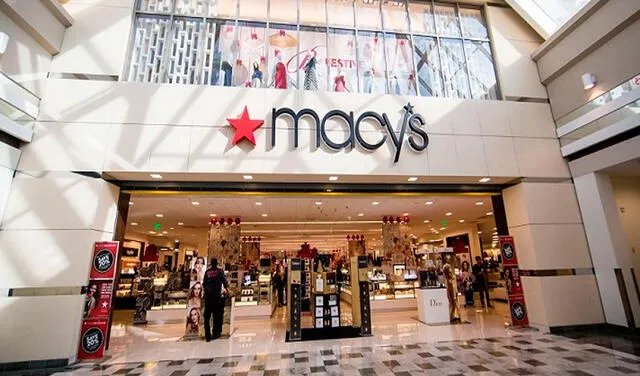Two U.S. retail giants to close stores in New York and California
Macy’s and Kohl’s are set to close multiple stores in New York and California as part of their shift towards digital-first strategies.

The U.S. retail sector is undergoing a dramatic transformation as two major retailers, Macy’s and Kohl’s, announce plans to close several stores in New York and California. This decision comes as part of their broader strategy to adapt to changing consumer behaviors and the growing dominance of online shopping.
These closures, while aimed at improving operational efficiency and profitability, also raise concerns about job losses and the economic impact on local communities. The affected regions will need to navigate these challenges while adjusting to a retail landscape increasingly focused on digital platforms.
Why Macy's and Kohl's are closing stores in the US?
Macy’s, a long-standing name in American retail, has revealed plans to shutter numerous iconic locations in New York. These include stores at Queens Place, Fordham Place, and the Mall at Greece Ridge. In California, stores at Broadway Plaza in Los Angeles and Otay Ranch Town Center are among those slated for closure.
This move aligns with Macy’s long-term strategy to reduce its physical footprint and invest more heavily in its e-commerce platform. The company aims to close 166 stores over the next three years, marking a significant shift towards prioritizing online retail and high-performing locations.

Macy's are closing stores in the Bay Area. Photo: Modaes.
Kohl’s, another major player in the retail industry, plans to close 27 stores nationwide by April 2025. California is particularly affected, with locations in San Luis Obispo, Pleasanton, and Balboa set to shut down. Additionally, Kohl’s is closing its San Bernardino distribution center, a critical hub for its operations.
Former CEO Tom Kingsbury emphasized that these decisions were made after extensive evaluations of store performance and market conditions. The company has pledged to provide financial compensation to impacted employees and prioritize their placement in new roles wherever possible.
Impacts on communities and the retail industry
The closures by Macy’s and Kohl’s highlight the ongoing challenges facing traditional brick-and-mortar retailers in adapting to a digital-first economy. While these measures are intended to streamline operations and improve competitiveness, they also carry significant implications for local economies and employment.
Communities reliant on these retail stores will face economic disruptions, with fewer shopping options and potential job losses. However, the focus on e-commerce reflects a broader industry trend, as retailers seek to meet the demands of tech-savvy consumers.
